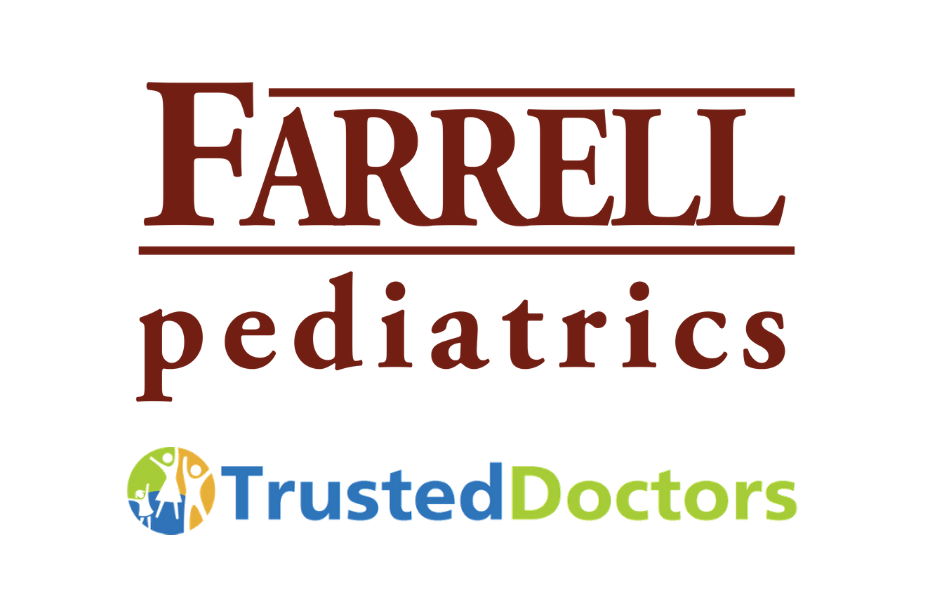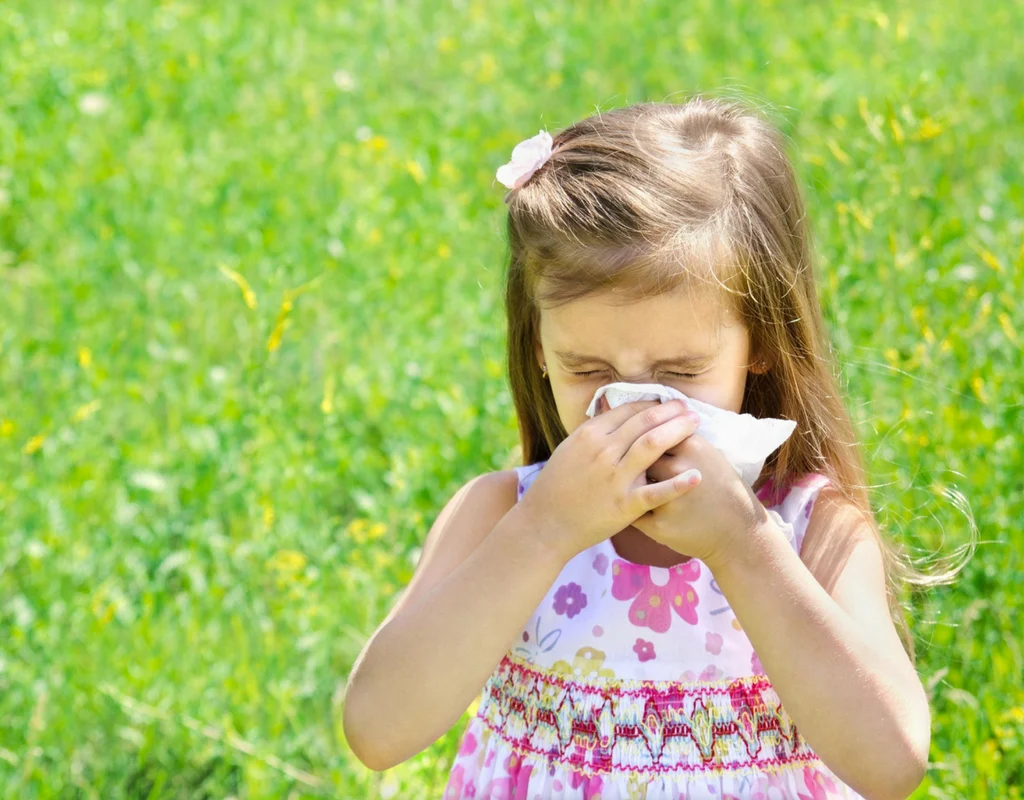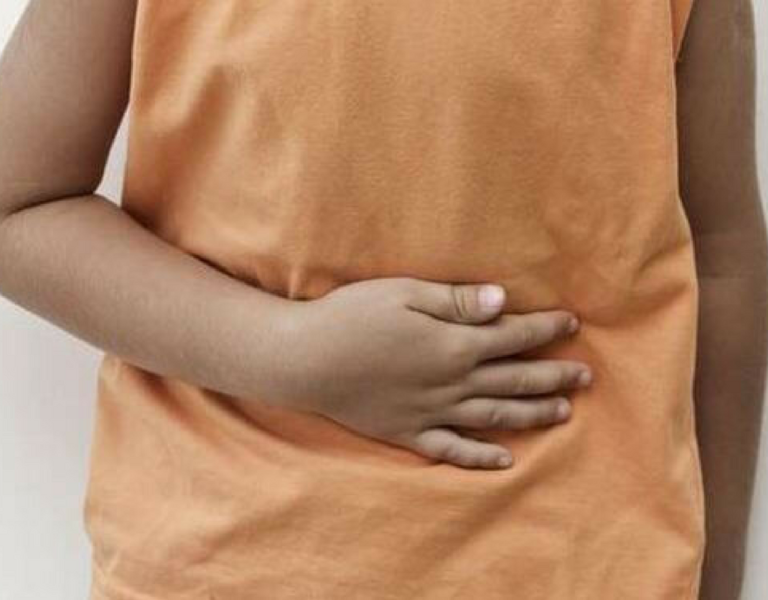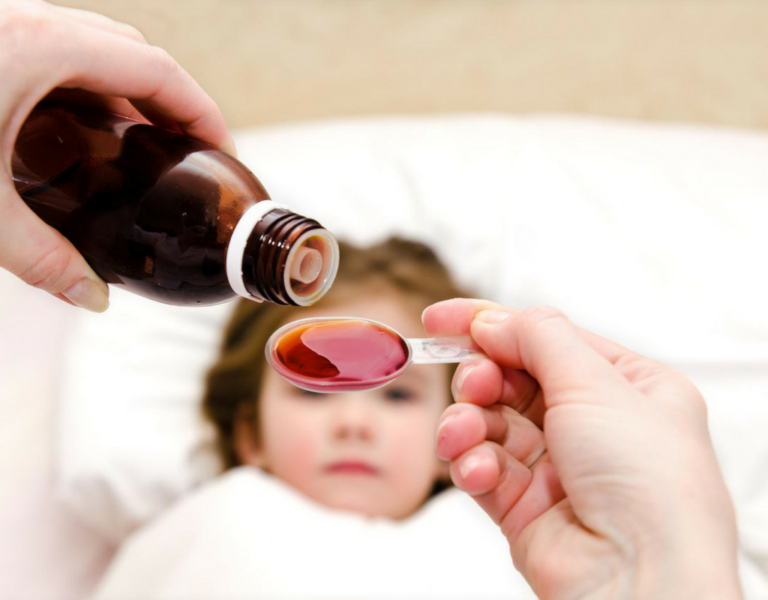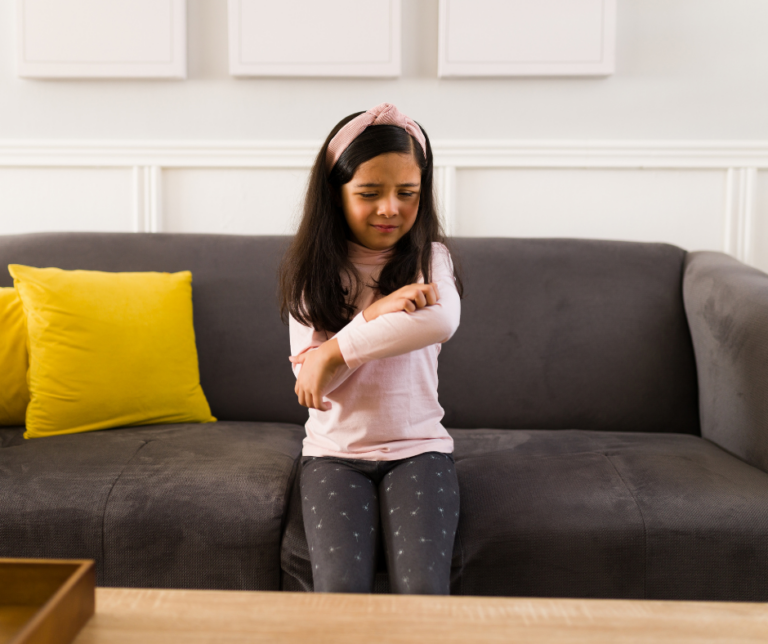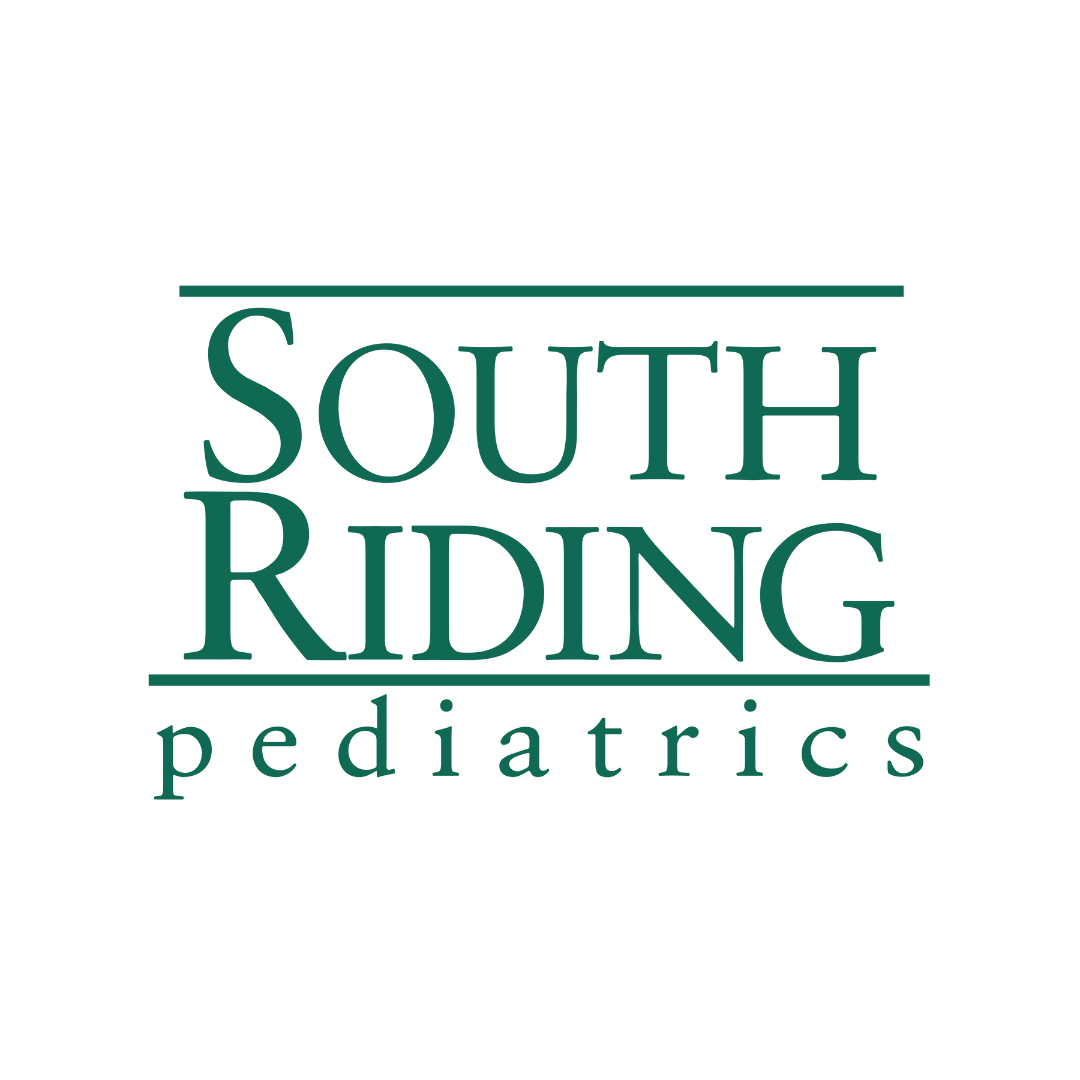In general, a child should not return to school or daycare until they have had no fever for 24 hours. Please keep in mind that individual illnesses have different times of contagion. There is no set rule for all viruses or bacterial illnesses. Some rashes are not contagious, but others are. Please check with your own school or daycare for specific guidelines.
For additional information, please see our article on Exclusion Criteria.
